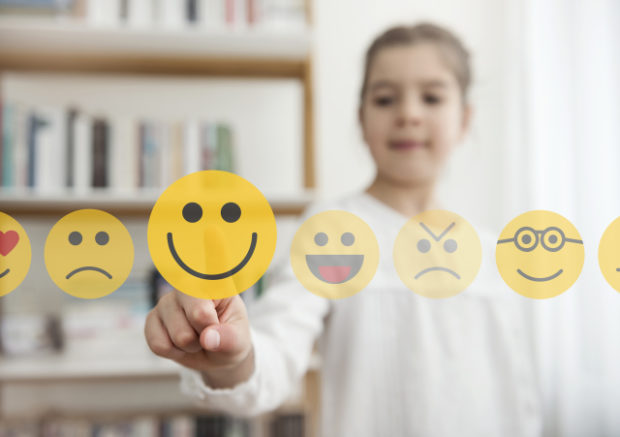
Emojis don’t always mean the same thing in different countries. Image: fotosipsak / IStock.com
Because they don’t always mean the same thing in Europe, Asia, or Latin America, emoticons should be used with caution depending on the person to whom they are being sent. Here’s a non-exhaustive list of some common emojis which can lead to cultural misunderstandings.
Now omnipresent in computer and smartphone messaging, emojis help express emotions and sometimes reinforce the adage that “an image is worth a thousand words.” These digital “smileys”, hands, and other pictograms originated in Japan and are now used throughout the world.
There are now thousands listed at https://emojipedia.org/, with hundreds being added every year. They’re so well-loved that they now have their own worldwide holiday on July 17.
However, care should be taken with how they are used… A little waving hand signifies “hello” in many parts of Europe, while in China it could also indicate a desire to break up! Here are a few other examples.
Thumbs up: an insult in the Middle East
When we want to signal that we’re in agreement with somebody, we often send a little hand icon with the thumb held up. But, careful, in Afghanistan, Iran or Iraq, there’s a real risk of this being read more like “giving the one-finger salute” — essentially an obscene gesture which can be extremely offensive! Similarly, the image of the hand that forms a circle with the tips of the thumb and index finger is also equivalent to “giving the finger” in Brazil. In these cases, it’s probably safest just to send a simple “ok.”
The “happy poop”: a way of wishing good luck in Japan
As defined by Emojipedia, the “smiling poo” can be used to convey “a sense of whimsy or silliness, given its fun, happy expression.” Use of this slightly vulgar emoji can also indicate self-mockery.
But for the Japanese, who tend to be more solemn, it commonly indicates a wish for someone to have good luck. According to language learning website Babbel, this signification stems from a classic play on words, “kin no unko,” which means both “good luck” and “golden poo”…
Applauding hands: an erotic invitation in China
You’d like to congratulate someone via text, so naturally you scroll through your menus to find the “clapping hands” icon. Be careful, though: in China, this can be read as an invitation for sex.
The “rock on” sign: associated with adultery in Latin countries
The emoji showing a hand with raised index and pinkie fingers is generally seen as a positive, relaxed emotion. In certain Latin countries like Cuba, Spain, Brazil, and Uruguay, however, it can also refer to “wearing horns,” stemming from a traditional metaphor for adultery. It’s a potential misunderstanding we’d all surely prefer to avoid. NVG
RELATED STORIES:
Google gets in on the emoji mashup madness by launching ‘Emoji Kitchen’
No more eggplants and peaches? Facebook, Instagram ban ‘sexual’ use of emoji